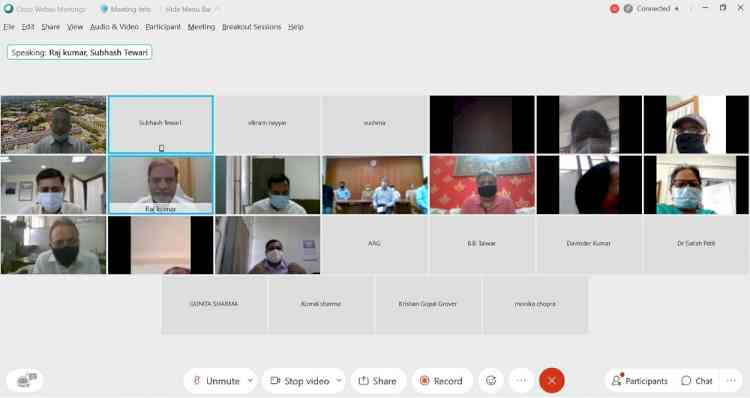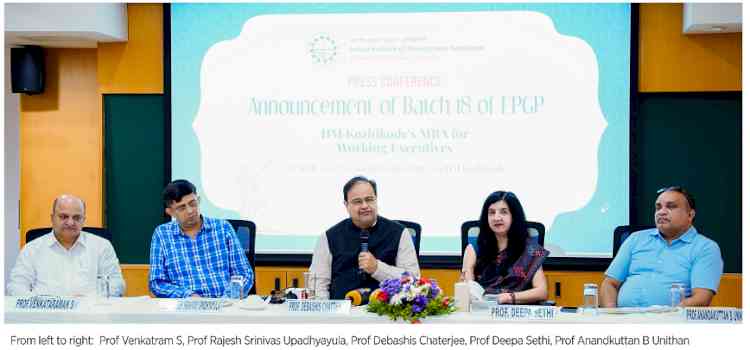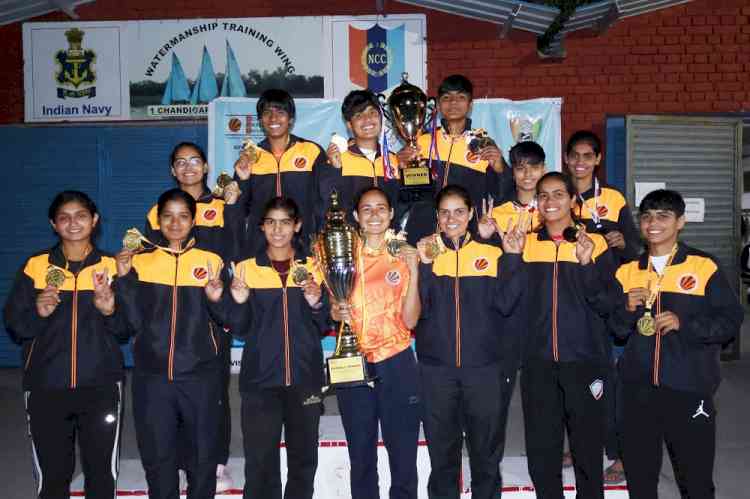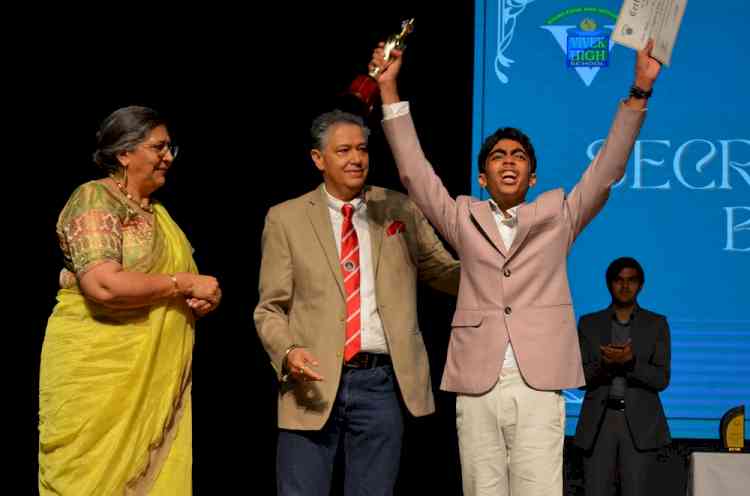PU holds 24th self-development session on quality sleep
The lecture garnered enthusiastic responses from the gathering of more than 50 participants

Chandigarh: From the ever blossoming tree of enlightening lectures, entitled Dil Se Dil Ki Baat, Sister Manjula ke Sath, on Self Development as a part of 7th International Online SDP, Panjab University added another leaf in the form of 24th session, ‘Quality Sleep', organised on Sunday, 23rd May, 2021 at 4:00 PM IST. The honourable speaker for the evening was everyone’s favourite Ms Manjula, a Science teacher by profession and a Heartfulness Meditation Trainer from Amritsar, who successfully captured the minds of the attendees with her powerful words.
The talk started with the speaker shedding light on the importance of sleep. Ms Manjula emphasised on the need to recharge after a good rest which is an essential part of all living beings. As per the physiology of human body, a gland called the pineal gland responsible for secreting a hormone melatonin whose secretion increase at night and makes us drowsy. Spiritually speaking, cosmic energy enters while we are in deep sleep, and biologically this is the time when body temperature decreases as well as anabolic activities occur along with muscle repair so as to prepare us for the next day. Melatonin secretion stops around 7:30 in morning and the secretion of another hormone, cortisol, increases leading to a rise in blood pressure as well as muscle strength, and taking us further to the awakening phase, muscular strength increase. All of this makes up the biological clock called the circadian rhythm necessary for the healthy sleep-wake cycle.
Further into the session, Ms Manjula explained about the brain waves that are involved in our regular functioning of mind: beta waves produce awakening, igniting cognition and concentration; alpha waves are involved in creativity and a cool, relaxed mind; theta waves are associated with dreams while delta waves are found during deep sleep. She beautifully related how the latter two are also released during meditation when there is a state of negligible disturbance. Due to unhealthy habits the natural pattern of sleep goes against the flow causing disturbance. When we sleep, conscious mind slowly goes into relaxation. Due to disturbance of mind caused by the thoughts, even after sleep, sometimes we fail to feel refreshed in the morning. This happens due to some stress that triggers release of cortisol as well as generates disturbing thoughts that makes it impossible for our conscious mind to switch off, even when the body needs rest. This also occurs because of the unhealthy lifestyle of today which is the biggest root problem to cause this cancer of deprivation of a good night’s sleep.
Suggestions to improve sleep patterns were given by the speaker that includes sleeping after a good read or listening to something soothing that helps to relax mind and slow it down from the constant hustle of life. Dinner should be light and should be done at least two hours prior to sleep. Meditating before sleep is also a healthy practice to calm both the mind and body. Ms Manjula also advised to take power naps of not more than 20 minutes in daytime so that this does not affect your sleep time during the night. Fresh mind will help to concentrate and is important especially for students to help them grasp things better.
She also pointed that not taking 6-8 hours of quality sleep enhances the aging process of body. The session ended with the speaker quoting the 10th maxim of Sahaj Marg: “At bedtime, feeling the presence of God, repent for any wrongs committed. Beg forgiveness in a supplicant mood and prayerfully resolve not to allow repetition of the same.”
The session was commenced with a meditative relaxation by Ms Anushka Vashishth from University Institute of Pharmaceutical Sciences, Panjab University. This was followed by Ms Akanksha Mahajan, PhD scholar from University Institute of Pharmaceutical Sciences, PU who welcomed Ms Manjula and introduced her to the gathering. Ms Nidhi, PhD Scholar from UIAMS headed the technical responsibilities.
The lecture garnered enthusiastic responses from the gathering of more than 50 participants.


 cityairnews
cityairnews 








